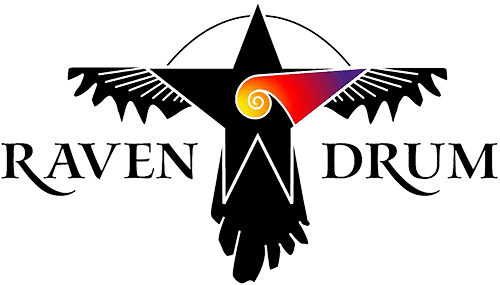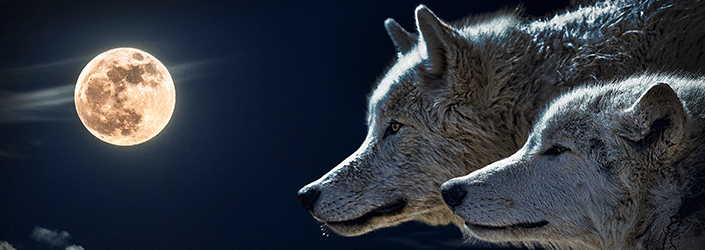By Philip Folsom
Our society romanticizes the lone wolf. He appears again and again in our popular culture as an aspirational guide for boys and men. He is Rambo, single-handedly battling a society that has cast him out. He is the High Plains Drifter, exacting revenge against a town that has betrayed him. He’s Mad Max, ensuring justice is served in a brutal world.
In the movies, lone wolves clean up the messes made by a dysfunctional society and then ride off into the sunset until they’re needed again. We encourage boys to adopt the traits of this solitary hero: avoid intimate connections, keep your feelings hidden well below the surface, solve your problems on your own. Asking for help is a sign of weakness. Feeling sorrow is a sign of weakness. Seeking companionship or solace is a sign of weakness.
And yet, today, more men over forty die of loneliness than ever before. Why is that? If lone wolves are ideal, why aren’t they thriving?
We never stop to consider what happens to the lone wolf when he returns to the wasteland that created him. The reality would be too bleak.
In the wild, lone wolves cannot survive. The pack keeps each wolf safe and ensures the needs of individual wolves are provided for. Without the pack, the lone wolf eventually starves.
We have become a society of lone wolves, starving for lack of the protective companionship of a pack. Not too long ago, humans formed tribes to ensure the safety of individuals. Our tribes fed us – physically, emotionally, and spiritually. Beyond food and shelter, tribes gave us a sense of identity. Without a tribe, our ancestors drifted aimlessly. They hungered for meaning and purpose.
Today, we still hunger for the protection of the tribe, but it can be difficult to find in the modern era. The military provides many of the benefits of a tribe, which is why a soldier’s time in service to his country can be both harrowing and comforting. Despite the trials, soldiers build connections that are unlike those found back in the land of lone wolves. Returning to this lonely territory after service is made all the more painful by the lost sense of tribal ties.
In the wild, when wolves find themselves without a pack, they seek a new pack or they work to create a new pack for themselves. They understand that their survival depends on it. Instinct compels them to undertake this quest. It may be difficult, but a lone wolf, better than most, intuits that it is a necessary quest.
As a human, your brain recognizes the dangers of being a lone wolf even if every billboard and commercial claims the opposite. When you are tribe-less, your brain emits cortisol, adrenaline, and other toxic stress hormones to trigger you to action. Your limbic brain is urging you to seek out the protection of a tribe.
As a veteran, you are more equipped than most to build a new tribe. You’ve felt the authentic connections that come with being a member of a true community, that makes you the ideal leader to begin building community.

